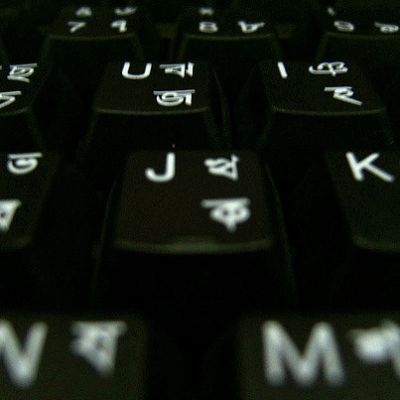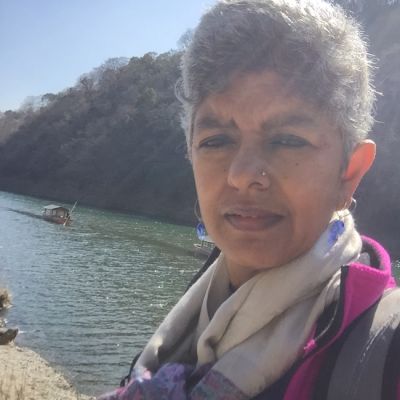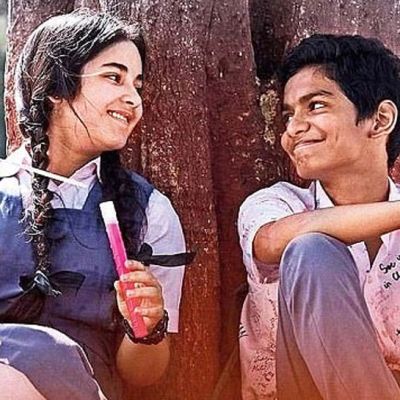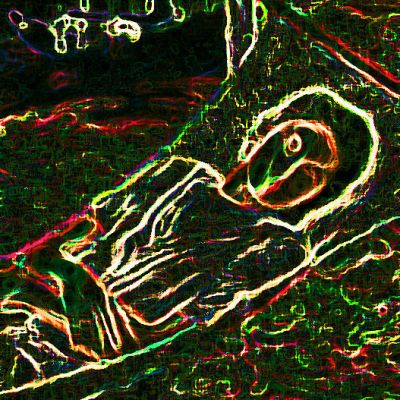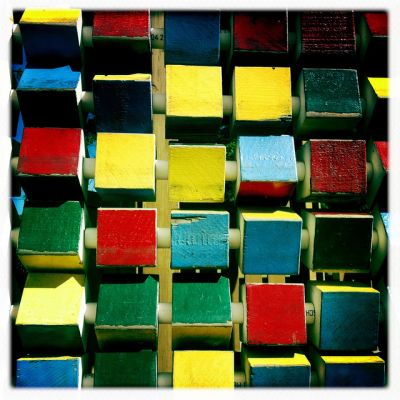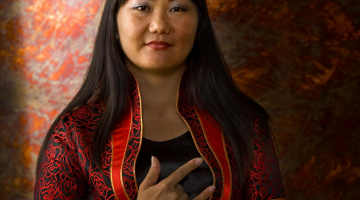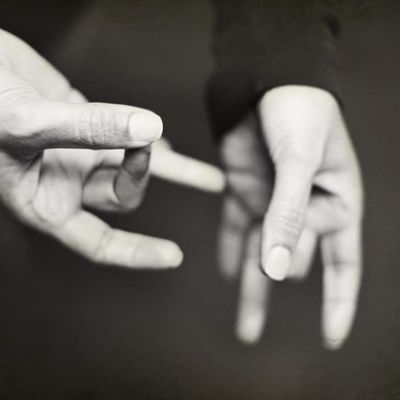language
What if each letter of the alphabet represented a powerful feminist concept?
Many queer Indians who converse largely in their respective regional languages find it difficult to put a name to their queer identity in their ‘mother tongue’.
Typos are speed breakers, and autocorrect has kinky preferences
Feminist, activist, writer, counsellor and trainer, Nandini Rao, focuses on issues of gender-based violence and discrimination, sexuality and disability and on incest and child sexual abuse.
You speak in so many tongues to me as you journey languorously down my body.
How does one negotiate the “delicate and complex” terrain of giving, receiving and respecting consent, and safely and effectively express sexual desire?
Several recent mainstream Hindi films have dealt with issues of sexuality and gender not usually discussed in the intended audience’s drawing rooms.
As I reflect on what I had actively buried and tried to constantly forget, I realise how crucial language was in defining how I viewed myself.
In my opinion, Ghosh was in search of a language of cinema which could be adequately expressive of queerness; he was slowly moving towards inventing that language, which would not be alienating to his conformist audiences, yet, would be intelligibly pleasurable to his (informed) queer viewers.
In the mid-month issue we have articles about the power of language to name, shame, and wound as well as articles about the subversive potential of language to turn the established order on its head and sing and dance around it.Here we mean language, as in not-just-English.
How does one negotiate the “delicate and complex” terrain of giving, receiving and respecting consent, and safely and effectively express sexual desire?
From my experiences, I find that diversity is not an end unto itself. Instead, it is a tool for reflection, a mirror that shows not only who we, and the society we live in, are in the present, but what we aspire to be in the future.
Disabled folks make up the largest “minority” group that includes the most diversity, and anyone can experience or acquire a disability at any point in their life. And yet even in feminist and social justice spaces, ableism persists.
I wish my elders had told me about more than just bleeding when they talked about menstruation. I wish they…
In a recent class, I asked Kanika and Tincy, our ISL teachers, how we could sign sexuality, and they asked, “How do you explain sexuality?” I wondered how I could sign ideas like attraction, pleasure, gender, values, and so on, but tried nevertheless, using my limited vocabulary, apologetic about being reductive.


